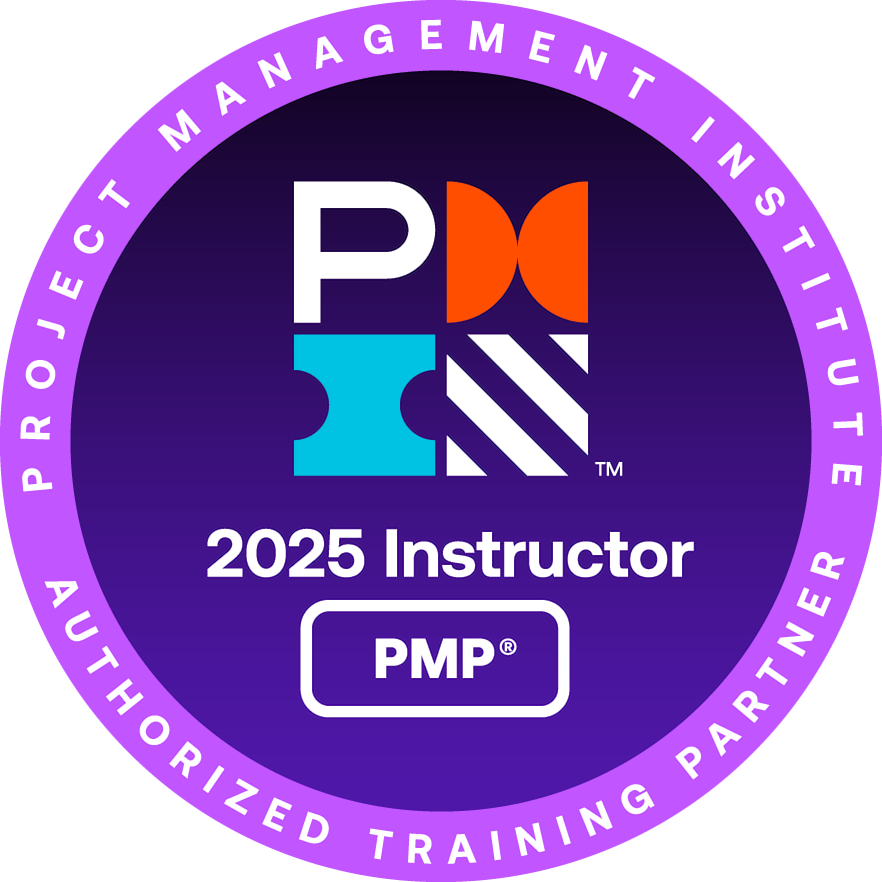Build a toolkit of skills that give you the knowledge, self-awareness, and confidence to be an effective engineering leader.
In collaboration with the Glasscock School fo Continuing Studies, this course develops the essential skills needed to lead teams and projects in engineering organizations. Engineers who want to advance in their profession need to develop effective project management, leadership, and communication skills in order to clearly deliver complex ideas and technical project plans. This program is offered to you through a collaboration between the Glasscock School of Continuing Studies and Rice Center for Engineering Leadership (RCEL) at the George R. Brown School of Engineering.
Registration for Leading Engineering Projects and Teams is now closed.
A
Course Dates:
February 27 -
May 22, 2021
(12 weeks)
Time:
9:00 - 11:00 a.m.
Delivery Method:
100% Online
Instructors:
Kaz Karwowski, ALM, PMP
David Van Kleeck, Ph.D.
Gayle Moran, Ph.D.
This course awards 40 PDUs from the Project Management Institute®.
- Who Should Enroll?
• Engineers who are interested in improving their management skills
• Engineers who are in a new leadership role
• Engineers who are aspiring to a leadership role
• Technical professionals seeking new skills/knowledge for leadership advancement - Fees & Application
The course fee for this offering is $4,500.
Discounts available. Financial assistance information can be found on Rice Financial Aid's Visiting and Continuing Education Students page.
- Format & Schedule
Course Modules & Hours:
Week 1:
• Intro to PM/PM as Leader
• Leadership Models/Bloom’s Taxonomy
• Communication PlanningWeek 2:
• Stakeholder Management Plan
• Engineer of 2020/Time Management
• Oral CommunicationWeek 3:
• Project Charter/Business Plan
• Managing Oneself
• Oral CommunicationWeek 4:
• Scope Development
• Managing Stress
• Oral CommunicationLive session
Week 5:
• WBS Development/Scheduling
• Problem Solving
• Oral CommunicationWeek 6:
• Estimating
• Supportive Communication
• Earned ValueWeek 7:
• Earned Value
• Power of Influence
• Interpersonal CommunicationWeek 8:
• Risk Management
• Managing Conflict
• Professional WritingLive session
Week 9:
• Quality Management
• SMART Goals
• Professional WritingWeek 10:
• Resource Management
• Team Development
• Professional WritingWeek 11:
• Procurement/Project Reporting
• Performance and Motivation
• Professional WritingWeek 12:
• Ethics/Agiles PM
• Ethical use of Power
• Professional WritingLive session
- Curriculum
The certificate is designed as an introduction to leadership, project management, and professional communication. The course fulfills the education requirement to sit for the Certified Associate in Project Management (CAPM)® or Project Management Professional (PMP)® certification exam. This course is eligible for 40 PDUs.
Today’s global engineering environment is competitive and complex. Being able to successfully manage projects is an essential skill to develop as you advance on your career path. This certificate course comprises three tracks: Project management, leadership, and communication. These tracks integrate into a comprehensive body of knowledge and skills to enhance your position as a leader of engineering project teams.
Track one, project management, covers initiating and planning a project; managing scope, time, and cost; and analyzing project risk and ensuring quality.
The leadership track focuses on developing the skills necessary to lead and influence teams: self-awareness, including managing stress and creative problem solving; relationship management, which includes active listening, managing conflict, and running effective meetings; and action planning, which helps you create a leadership development plan so you can focus on your own development as well as helping your team develop and perform effectively.
The third track, communication, is designed to build skills that help leaders communicate complex ideas to motivate teams and get work done: oral presentations, professional writing, and interpersonal communication.
The course combines synchronous and asynchronous learning opportunities. It emphasizes hands-on projects and deliverables and teamwork that simulates the professional workplace. The three topics that come together in this course will help you leverage your technical and creative skills to effectively lead engineering project teams.
- Why Rice?
Top-Tier Learning Institution
Courses are taught by faculty from the Rice Center for Engineering Leadership (RCEL). RCEL is focused on developing engineering leaders at the Rice University’s George R. Brown School of Engineering. It is home to one of a very few academically approved Certificates in Engineering Leadership.Expert Instruction
The instructor for this program, David Van Kleeck, professor in the practice of engineering leadership joined the staff of the RCEL in 2014, following a 34-year career as a technologist and manager in Shell’s research and development organization. He held a variety of positions throughout his career at Shell in which he was responsible for process development, manufacturing technical service, and product support to several downstream refining and chemical businesses.
Mr. Van Kleeck had a parallel career in the Army Reserve, and retired after 32 years of active and reserve service in 2005 as a Brigadier General. During his Army career, Mr. Van Kleeck commanded troops at the Battalion, Group, and Brigade level. His assignments included active duty tours in Italy and Germany. David returns to Rice after receiving his Ph.D. in Chemical Engineering in 1981.Tangible Skills and Outcomes
Develop the essential self-awareness, interpersonal, and organizational skills you need to lead teams and projects in engineering organizations. Engineers who want to advance in their profession need to be self-aware and proactive in their approach to professional development. The use of SMART goals for both technical and personal development form the basis to build a Leadership Development plan that aligns with personal and organizational aspirations and vision. An emphasis will be placed on varying leadership styles to fit the situations and contexts encountered by engineers in the workplace.Flexible Schedule


